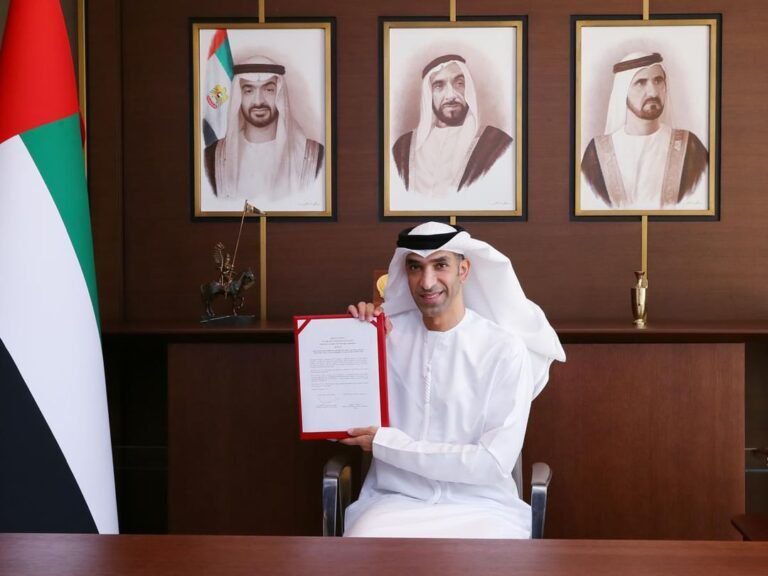Andrey Slepnev stated that the Economic Partnership Agreement (EPA) will strengthen trade relations by enhancing market access for goods and eliminating unnecessary trade barriers. Additionally, it will open up new avenues for economic and technological collaboration between the involved nations.
Slepnev remarked, “The EAEU is actively building a network of economic partnerships with friendly nations. The Economic Partnership Agreement with the UAE marks a major milestone, given the UAE’s position as a global hub in the region. The EPA will further boost mutual trade, which is already experiencing remarkable growth, and establish a systemic foundation for cooperative ties.”
After multiple negotiation rounds, the EPA highlights the strengthening relationship between the UAE and the EAEU. During the first half of 2024, non-oil trade between the UAE and the bloc reached US$13.7 billion, reflecting a 29.6% increase compared to the same period in 2023.
The agreement seeks to drive these figures even higher by reducing or removing tariffs, removing technical trade barriers, expanding market access, and streamlining customs procedures. It also aims to align digital trade and e-commerce standards while fostering platforms for SME collaboration.
The EPA underscores the critical role of foreign trade in the UAE’s economic strategy. The UAE’s Comprehensive Economic Partnership Agreement programme now includes six active agreements, with an additional nine signed and pending implementation.
The UAE’s growing network of trade agreements contributed to record-breaking non-oil trade figures of AED 1.4 trillion in the first six months of 2024, representing an 11.2% rise compared to the same period in 2023.


